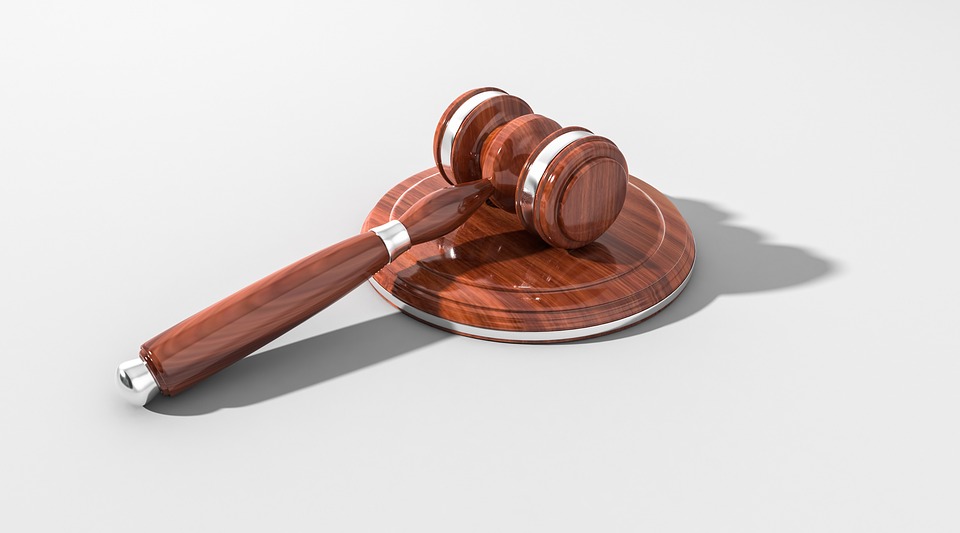
The Role of Lawyers in Ensuring Justice and Fairness
The Role of Lawyers in Ensuring Justice and Fairness
Lawyers play a crucial role in upholding justice and fairness within society. Their expertise and dedication to the legal profession contribute to maintaining a balanced and equitable legal system. Through their advocacy, representation, and commitment to the principles of justice, lawyers help ensure that individuals receive a fair and just legal process.
Advocacy for the Underprivileged
One of the fundamental roles of lawyers is to advocate for the underprivileged and marginalized members of society. They are the voice of those who may not have the means or resources to defend their rights effectively. By providing legal assistance and representation, lawyers help level the playing field and ensure that justice is accessible to all, regardless of their socioeconomic status.
Lawyers specializing in areas such as criminal defense, civil rights, or family law often take on pro bono cases to assist individuals who cannot afford legal representation. Their efforts help prevent injustices and ensure that everyone has a fair chance to be heard and protected by the law.
Protection of Rights and Due Process
Lawyers act as guardians of the legal system, safeguarding the rights and liberties of individuals. They ensure that due process is followed and that individuals are treated fairly throughout legal proceedings. By providing legal advice, preparing legal documents, and representing their clients in court, lawyers help protect the rights and interests of those they represent.
Whether it is defending someone accused of a crime, advocating for the rights of employees facing discrimination, or ensuring a fair settlement in a divorce case, lawyers play a crucial role in ensuring justice prevails. Their expertise in interpreting and applying the law helps navigate complex legal systems and ensures that individuals receive a fair outcome.
Frequently Asked Questions (FAQs)
Q: How can lawyers ensure justice and fairness in the legal system?
A: Lawyers ensure justice and fairness by providing legal representation, advocating for the underprivileged, protecting rights, and ensuring due process is followed. Their expertise in the law helps balance the scales and ensure fair outcomes.
Q: Do lawyers only represent individuals in court?
A: No, lawyers provide a range of legal services beyond courtroom representation. They offer legal advice, draft legal documents, negotiate settlements, and mediate disputes, all aimed at ensuring justice and fairness.
Q: Are lawyers obligated to take on pro bono cases?
A: While lawyers are encouraged to provide pro bono services to those in need, they are not legally obligated to do so. However, many lawyers voluntarily take on pro bono cases to promote equal access to justice.
Q: How do lawyers contribute to upholding the principles of justice?
A: Lawyers contribute to upholding the principles of justice by advocating for fairness, challenging unjust laws, protecting individual rights, and ensuring due process. Their expertise and dedication are essential in maintaining a just legal system.
Q: Can lawyers influence the fairness of the legal system?
A: Yes, lawyers have the power to influence the fairness of the legal system through their advocacy, expertise, and commitment to justice. They play a vital role in shaping laws and precedents, ensuring a more equitable legal framework.
For more information on the role of lawyers in ensuring justice and fairness, check out this detailed article on the subject.